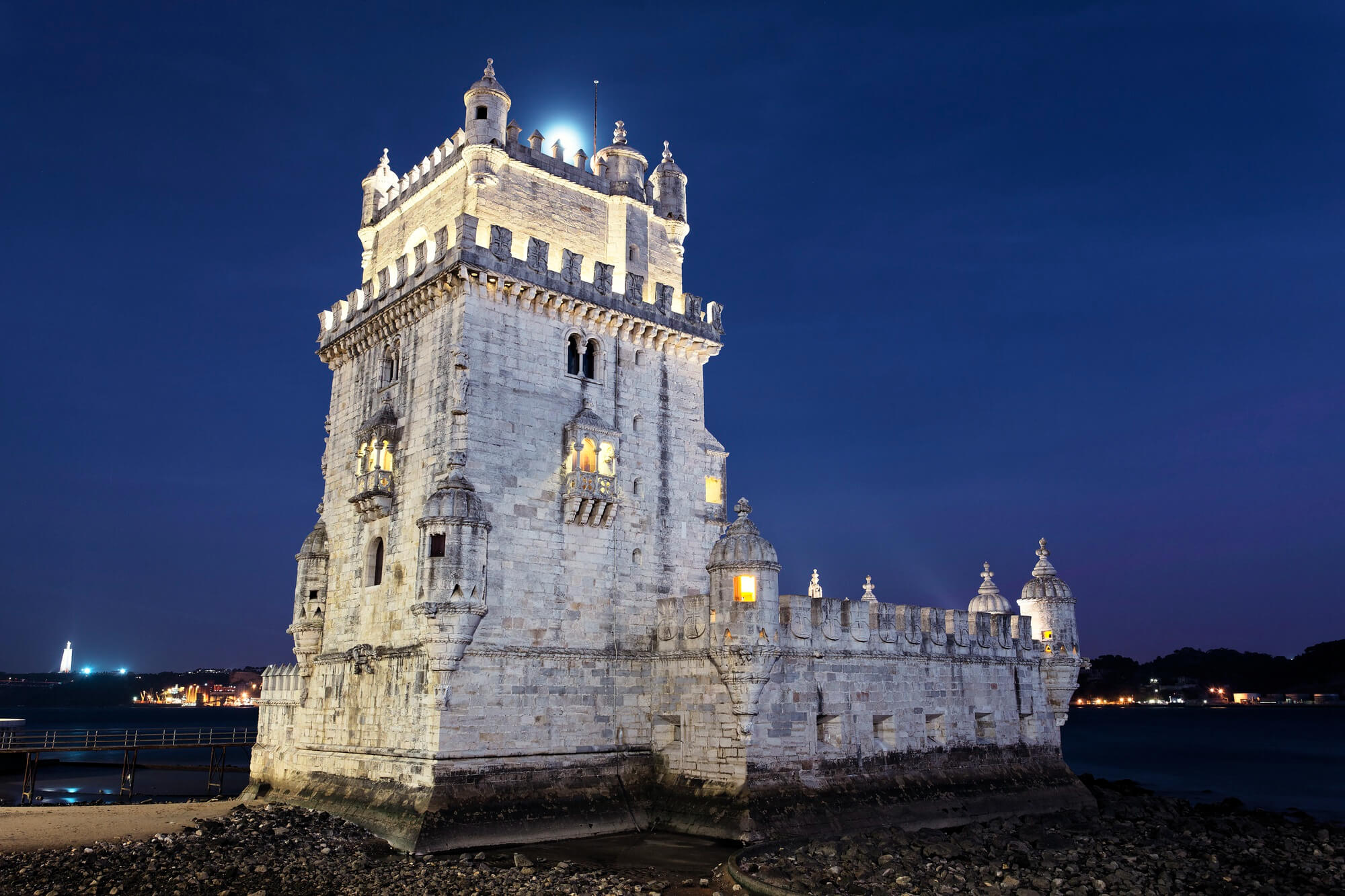Owning a property through an offshore company is often an advantage when you’re selling, as the sale can be carried out much more easily, quickly and cheaply and it may even help to increase the asking price. When selling a property held offshore the process simply involves transferring ownership of the company shares to the buyer. The transfer can be conducted in English through a share purchase agreement. This also avoids the lengthy and protracted procedures which are necessary to register a title in Portugal, resulting in lower legal fees.
When the property is sold the transfer tax, notary and registration fees are not applicable – this only applies to white listed corporations only.
Capital gains tax is not paid in Portugal on the profit of a sold property through corporate ownership. The capital gains made will be subject to where the corporation is domiciled. However, it is likely that there is a “locked in” capital gains tax liability because the property is a company asset which is likely to have increased in value. If the company is ever called upon to sell that asset out of the company to a third party they are likely to face this liability (which in practice is payable by the underlying owners of the shares). There is a settled market here in the Algarve, and the intention is (and always has been) that properties in corporate ownership remain in corporate ownership. In other words the “locked in” capital gains tax liability should never materialise.
Owners of offshore property can benefit from a degree of anonymity although this benefit is now substantially reduced due to new legislation implemented in 2017. This legislation approved the Regime of the Effective Beneficiary’s Central Register, in an effort to support the prevention of the use of the financial system for the purpose of money laundering or financing of terrorism.
Under Portuguese law when the owner of a property dies there is forced heirship to one’s spouse and children. Thus individuals cannot choose whom they wish to receive their estate upon death. Through a corporate structure inheritance laws are applicable where the corporation is domiciled.





